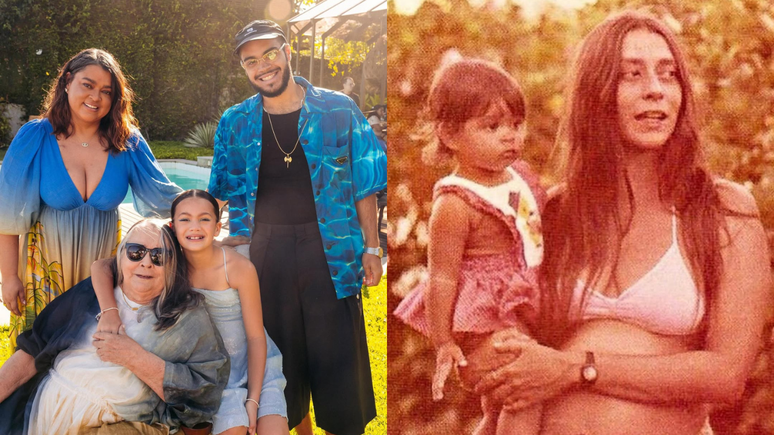The works address the theme of science, spirituality and human development
The end of the year is a favorable time for reflection and new beginnings. It’s time to rethink old habits and define new directions, in search of a fuller and happier life.
Among many promises of happiness, three books address the topic starting from science, spirituality and human development.
In common, Are we talking about happiness?, Being happy: is it possible? AND Happiness is not the cure bring dialogues and reflections that shed light on the challenges of seeking happiness in the contemporary world.
Books about happiness
Are we talking about happiness?
In the book Are we talking about happiness?Lúcia Helena Galvão, Rossandro Klinjey and Vanessa Rodrigues deconstruct the idea that happiness is a permanent state to be achieved after achieving socially pre-established goals and objectives, such as professional and financial success. Human development experts argue that true happiness lies in the ability to appreciate the small moments, to connect with one’s essence and to build meaningful relationships, free from the search for status and external recognition. “If happiness is an imposed norm, perhaps we are navigating towards goals and objectives, but not necessarily towards authentic happiness”, underlines Rossandro Klinjey. One of the suggestions the book offers is the need to invest in self-knowledge, a process that goes beyond labels and classifications, and requires a deep immersion in one’s individual experiences.
- Publisher: Papirus 7 Mares (160 pages, R$59.90; R$39.90 for the e-book)
Being happy: is it possible?
In Being happy: is it possible?Monja Coen and Gustavo Arns, creators of the International Happiness Congress, invite us to look at happiness as a state of presence and contentment, which can be cultivated through self-knowledge, compassion and detachment. The book shows us that happiness lies not in material possessions, status, or fleeting experiences, but in the ability to find beauty and meaning in the little things in life. “It is possible to access a state of peace and tranquility called ‘nirvana’. Nirvana is the cessation of the oscillations of the mind, it is a state of balance and stillness achieved through spiritual practices”, explains Monja Coen. The work offers several practices for cultivating happiness, such as meditation, contemplation, and developing an ethical life. A fundamental suggestion that the book brings us is the importance of cultivating gratitude, learning to value what we have and recognizing the beauty present in every moment.
- Publisher: Papirus 7 Mares (128 pages, R$59.90; R$39.90 for the e-book)
Happiness is not the cure
In Happiness is not the cureAnders Hansen invites us to delve deeper into the neuroscience of happiness, demystifying the belief that we should always be happy. The Swedish psychiatrist claims that the human brain is not programmed for constant happiness, but for survival. “If we automatically link the presence of anxiety or depression to a defect or disease, we forget that the brain’s main goal is survival, not well-being,” explains the author. From this perspective, Hansen explores the importance of understanding the mechanisms of anxiety, depression and loneliness and how we can address these states in a more conscious and healthy way. One of the precious pieces of advice that the book gives us is the importance of practicing physical activity regularly. Studies show that exercise has a positive impact on our mental wellbeing, combating depression and anxiety, as well as promoting numerous physical health benefits.
- Publisher: Intrínseca (240 pages, R$49.90; R$34.90 for the e-book)
Source: Terra
Ben Stock is a lifestyle journalist and author at Gossipify. He writes about topics such as health, wellness, travel, food and home decor. He provides practical advice and inspiration to improve well-being, keeps readers up to date with latest lifestyle news and trends, known for his engaging writing style, in-depth analysis and unique perspectives.






